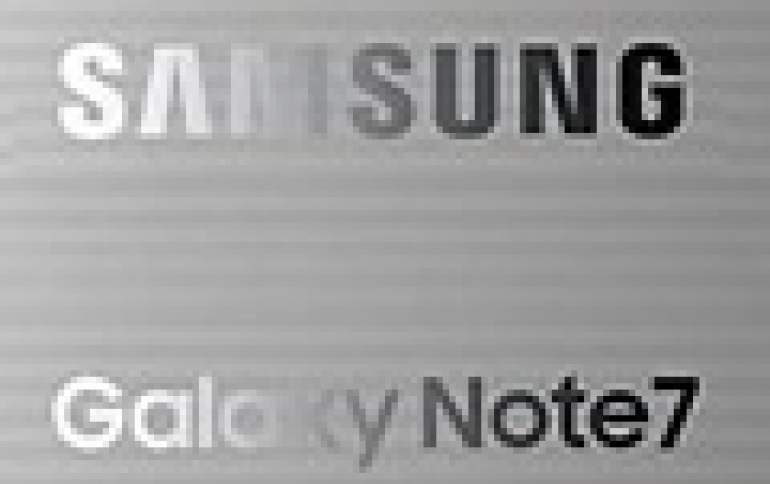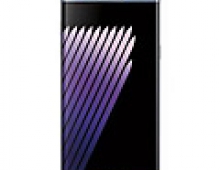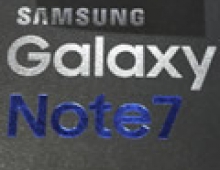
Samsung Says Global Replacement Program for Galaxy Note7 Has Made Progress
Samsung Electronics said on Tuesday it has got back more than 60 percent of recalled Galaxy Note 7 smartphones sold in South Korea and the United States. On September 2, 2016, Samsung announced a global replacement program for the Galaxy Note7 due to a battery cell issue. Since then, the company has been working to expedite product shipments in order to execute the exchange program and reduce any inconvenience for Galaxy Note7 customers.
Samsung said that around 90 percent of Galaxy Note7 users have been choosing a new Galaxy Note7 since products became widely available. More than 60 percent of all recalled Galaxy Note7 phones sold in the U.S. and Korea have been exchanged through the program.
In Singapore, more than 80 percent of Samsung's customers have participated in the exchange program, which started on September 17.
Samsung hopes to take the faulty products off the market as soon as possible in order to limit further damage to its reputation and resume sales of the flagship device ahead of the key holiday shopping season in major markets such as the United States.
But the nearly month-long recall process has provided additional stumbles and embarrassment for the firm. Reports of Note 7 fires and damages have continued after the recall announcement, while aviation authorities around the world issued warnings or outright bans on the use or charging of the Note 7 on aircraft.
Samsung was also forced to push back the start of Note 7 sales in South Korea by three days to Oct. 1 due to relatively slow progress in the recall in its home market.
The recall and lost sales could wipe off nearly $5 billion in revenues for Samsung this year.
Samsung's customers who have affected Galaxy Note7 devices should power down and return their devices. They can replace their current device with a new device based on local availability. Samsung urges Galaxy Note7 to contact their place of purchase or call the designated local call center as soon as possible.





















